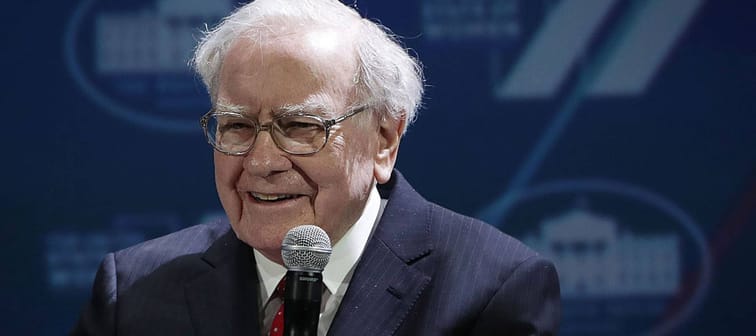Dry January brings big savings
Some people start their finanicial journey with Dry January, a month-long challenge where you abstain from alcohol after weeks of holiday parties and family gatherings. And it’s not an uncommon New Year’s resolution to have: 15% of Americans engaged in Dry January in 2023, according to a new survey from Business intelligence company Morning Consult. (Missed out on Dry January this year? Consider a Dry Februrary to curb your spending.)
It’s not just a good cleanse for your body, but also for your wallet. Morning Consult reports that a whopping 73% of Dry January participants in 2023 did so to try and save money. Higher beverage costs has made this a major motivation for survey participants.
Casey McGuire Davidson saw first-hand how much you can save by cutting out drinking for just one month, according to an interview with CNBC. The Seattle-based sobriety coach stopped drinking in 2016 — and saved $500 by the end of her first month. She estimates that she has saved more than $48,000 in the eight years since.
However, if you’re looking for a drinking alternative, mocktails or alcohol-free beer may not be much help. The New York Times reports that many available options are equally as expensive as their booze-infused counterparts because of the high-quality ingredients to make them taste good.
Meet Your Retirement Goals Effortlessly
The road to retirement may seem long, but with WiserAdvisor, you can find a trusted partner to guide you every step of the way
WiserAdvisor matches you with vetted financial advisors that offer personalized advice to help you to make the right choices, invest wisely, and secure the retirement you've always dreamed of. Start planning early, and get your retirement mapped out today.
Get StartedWWWBD (What Would Warren Buffett Do) with your booze savings?
If you've successfully completed Dry January and find yourself with extra money left over from your sober-curious month, congratulations! Neither cutting out alcohol nor saving money is an easy feat, so pat yourself on the back.
After that, ask yourself: what would Warren Buffett do with this extra money?
His answer may be similar to what he recommended to the average investor in his 2013 letter Berkshire Hathaway to shareholders: put your money into “a low-cost S&P 500 index fund.”
The 93-year-old believes that most investors have a better chance of making gains by keeping things simple. You can put your money into a low-cost index fund and not have to think about trading individual stocks. Buffett loves these funds because they have diverse ranges of businesses in them, making it likely that their value will grow over the years — all without you having to do anything but invest, sit and wait.
Finding ways to cut costs and investing those savings is a good start to becoming the next Warren Buffett.
Sponsored
Follow These Steps if you Want to Retire Early
Secure your financial future with a tailored plan to maximize investments, navigate taxes, and retire comfortably.
Zoe Financial is an online platform that can match you with a network of vetted fiduciary advisors who are evaluated based on their credentials, education, experience, and pricing. The best part? - there is no fee to find an advisor.






